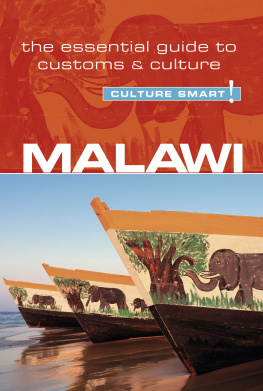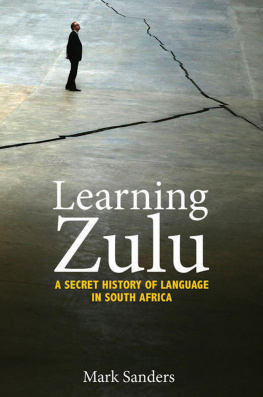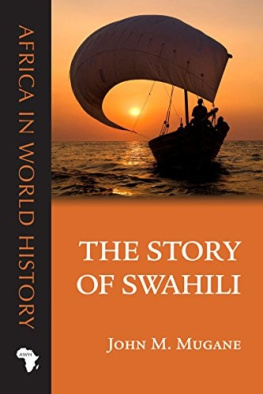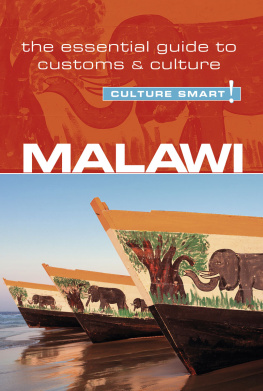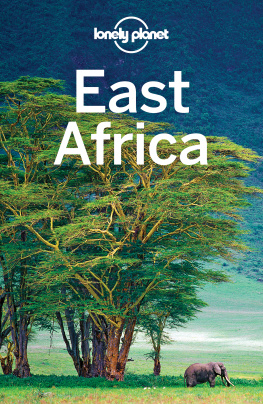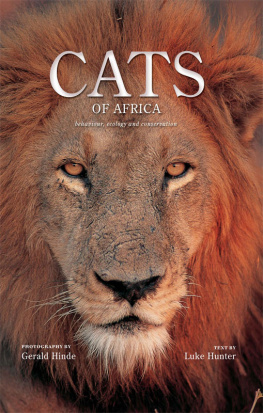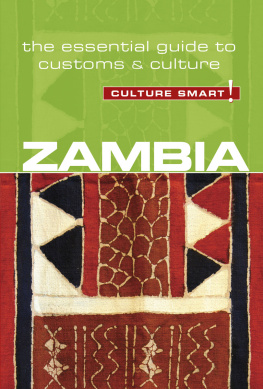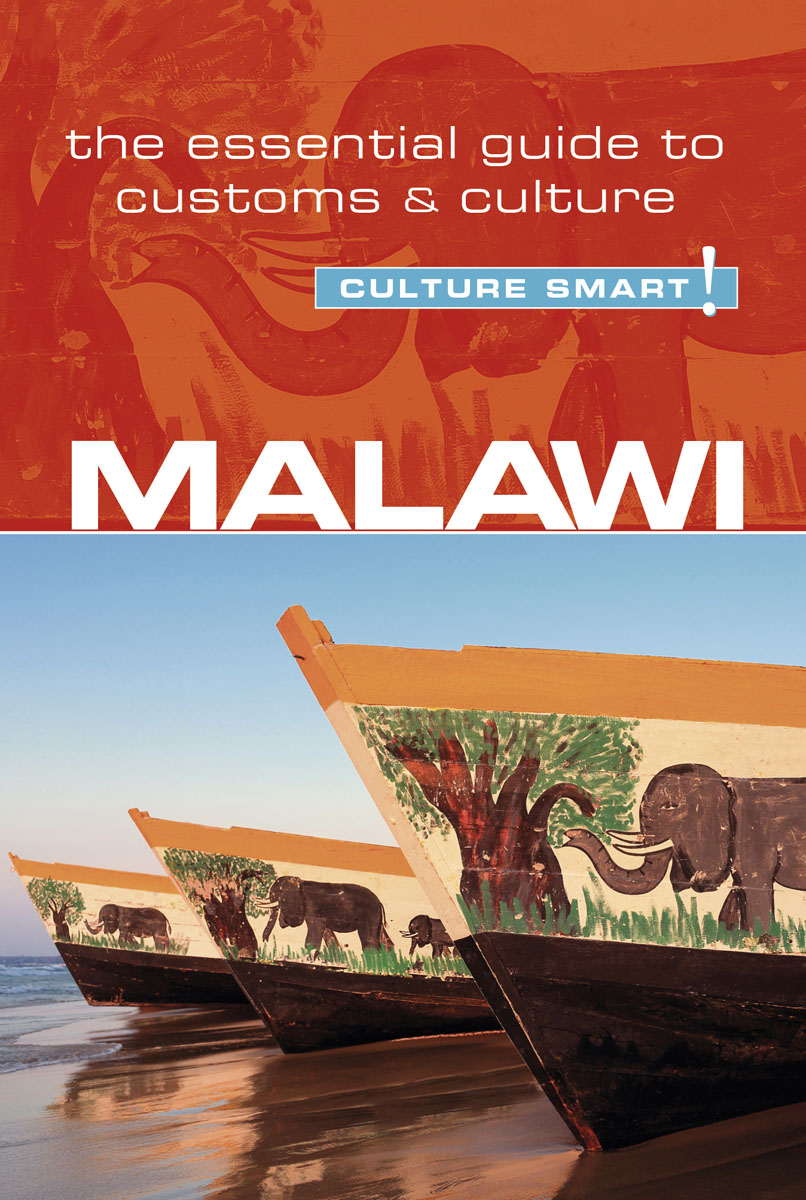
This book is available for special discounts for bulk purchases for sales promotions or premiums. Special editions, including personalized covers, excerpts of existing books, and corporate imprints, can be created in large quantities for special needs.
For more information contact Kuperard publishers at the address below.
ISBN 978 1 85733 878 2
British Library Cataloguing in Publication Data
A CIP catalogue entry for this book is available from the British Library
First published in Great Britain
by Kuperard, an imprint of Bravo Ltd
59 Hutton Grove, London N12 8DS
Tel: +44 (0) 20 8446 2440 Fax: +44 (0) 20 8446 2441
www.culturesmart.co.uk
Inquiries:
Series Editor Geoffrey Chesler
Design Bobby Birchall
Printed in India
Cover image: Fishing boats on the beach at Cape Maclear at the southern end of Lake Malawi. Shutterstock.
Images on the following pages reproduced under Creative Commons Attribution-Share Alike 4.0 International license: Cliffog.
Under Creative Commons Attribution-Share Alike 3.0 Unported license: Hansueli Krapf.
Creative Commons Attribution-Share Alike 2.0 Generic license: (left) English: Foreign and Commonwealth Office.
Pages Shutterstock.
About the Author
KONDWANI BELL MUNTHALI is an award-winning Malawian journalist. A graduate of the University of East Anglia, the University of London, and the University of Rwanda, he has served as a diplomat at the Malawi High Commission in London and a special assistant to the Vice President of Malawi, and is an ardent youth and public health advocate. At the age of sixteen he founded one of Malawis pioneer youth organizations. He is a Niemen Fellow at Harvard University and is one of Malawis key bloggers. Kondwani has worked for the Malawi Broadcasting Corporation and Nation Publications Limited, and has researched and worked on topics ranging from tobacco control in Africa to raising awareness of HIV/Aids, cancer, and child labor exploitation across the world.
The Culture Smart! series is continuing to expand. All Culture Smart! guides are available as e-books, and many as audio books.
For latest titles visit
www.culturesmart.co.uk
The publishers would like to thank CultureSmart!Consulting for its help in researching and developing the concept for this series.
CultureSmart!Consulting creates tailor-made seminars and consultancy programs to meet a wide range of corporate, public-sector, and individual needs. Whether delivering courses on multicultural team building in the USA, preparing Chinese engineers for a posting in Europe, training call-center staff in India, or raising the awareness of police forces to the needs of diverse ethnic communities, it provides essential, practical, and powerful skills worldwide to an increasingly international workforce.
For details, visit www.culturesmartconsulting.com
CultureSmart!Consulting and CultureSmart! guides have both contributed to and featured regularly in the weekly travel program Fast Track on BBC World TV.
contents
Map of Malawi

introduction
Variously nicknamed the Warm Heart of Africa, the Land of the Lake, and the Land of Smiling Faces, Malawi is renowned for the friendliness and charm of its people and its dazzling lake. This small country offers the full African experience. You can land at the airport and within forty-five minutes start out on a safari to see the Big Five. You can enjoy lunch and a walk in sprawling tea gardens, and later sip a mojito on the beach as the sun sets over Lake Malawi. All within a single day.
Lake Malawi, dubbed the Lake of Stars by David Livingstone who first saw it in 1859, is an unspoiled paradise, enclosed by mountains, with long, sandy beaches. Part of the Great Rift Valley, it is exceptionally deep and is home to many rare species of fish, including brightly colored cichlids. The country has nine national parks and wildlife reserves, each distinct and unique, and mountains that include the lofty Sapitwa Peak on Mulanje.
The people of Malawi are made up of a mosaic of African cultures, ranging from indigenous hunter-gathers to the incoming iron-working Bantu who left their fourteenth-century rock paintings. Dress, dance, masks, language, and traditional festivals all reflect waves of migrating tribesthose fleeing Shaka Zulus reign of terror in the south, Swahili Arab slave traders in the east, and Bantu from Central Africa. Other cultural influences came through the slave trade routes, contact with Portuguese and Indian traders, and British missionaries who fought slavery and bequeathed Victorian architecture and infrastructure. Despite there being more than ten tribes, Malawi has remained uniquely peaceful, with many foreigners making it their home.
Malawians are, by and large, honest, quiet, conservative, good-humored, even-tempered, and inquisitivesometimes to a fault. Their ready smiles, even in deep poverty, or at times when in trouble with the authorities, have been a source of debate, anger, and sometimes misinterpretation. Some have called them ignorant, some deeply superstitious. Their neighbors in Zambia and Zimbabwe considered them sleepy or backward, and many have called Malawians their wivesonly good for domestic work. In South Africa, where there is a huge migrant labor community, Malawians honest character gives them leverage as adverts proclaim that being a Malawian is an added advantage.
Contemporary Malawi is a mix of modernity and deeply traditional and religious values. It has a free media and a flourishing multiparty democracy. The traveler needs to observe the fine balance of the growing liberal urban culture, religious and conservative influences, mainly among the older and rural population, and the Malawian sociable impulse to share a word or two even with unknown people.
This book describes the forces that have shaped the Malawians outlook and guides you through various situations so that you know what to expect. You will be received with warmth and great hospitality. Reciprocate with interest and respect, and your encounter will be deepened and enriched.
Key Facts
Official Name | Republic of Malawi |
Capital City | Lilongwe | Pop. 670,00 approx. |
Main Towns and Cities | Blantyre, Zomba, Mzuzu, Kasungu, Luchenza, Karonga, Nkhatabay, Mangochi, Salima, Dedza, Mponela, Mchinji, Balaka |
Population | 19.16 million | 3% growth rate |
Area | Total area: 45,560 sq. miles (118,484 sq. km), incl. 9,422 sq. miles (24,404 sq. km) of water surface, consisting mainly of Lake Malawi. Land area is 36,325 sq. miles (94,080 sq. km). About the size of the state of Pennsylvania or Portugal |
Terrain | A landlocked country located south of the Equator. Bordered to the north and northeast by Tanzania; to the east, south, and southwest by Mozambique, and to the west and northwest by Zambia. Much of the land surface is a large plateau. In the north are rugged highlands; in the south the landscape forms part of the Great African Rift Valley. |
Next page
